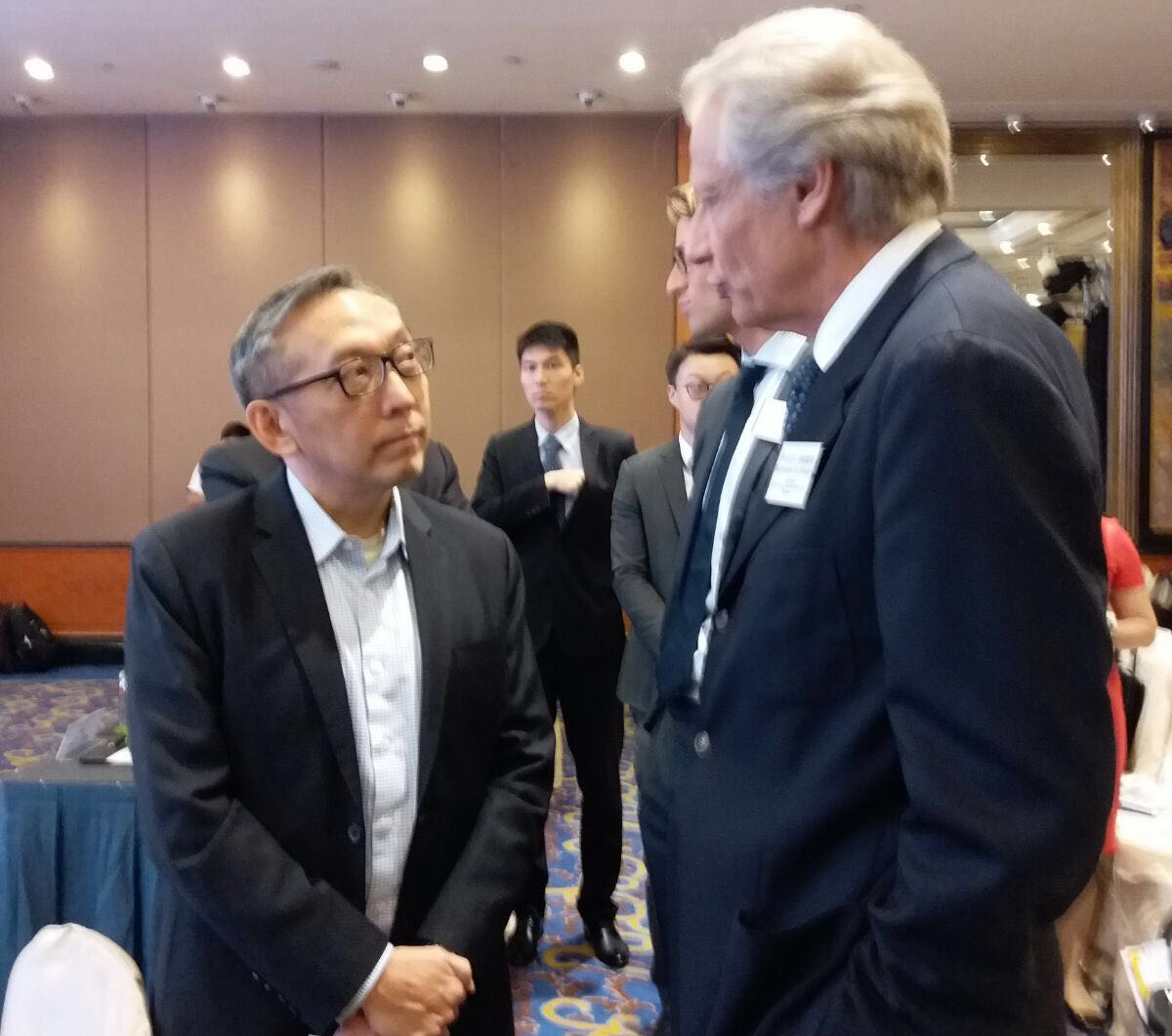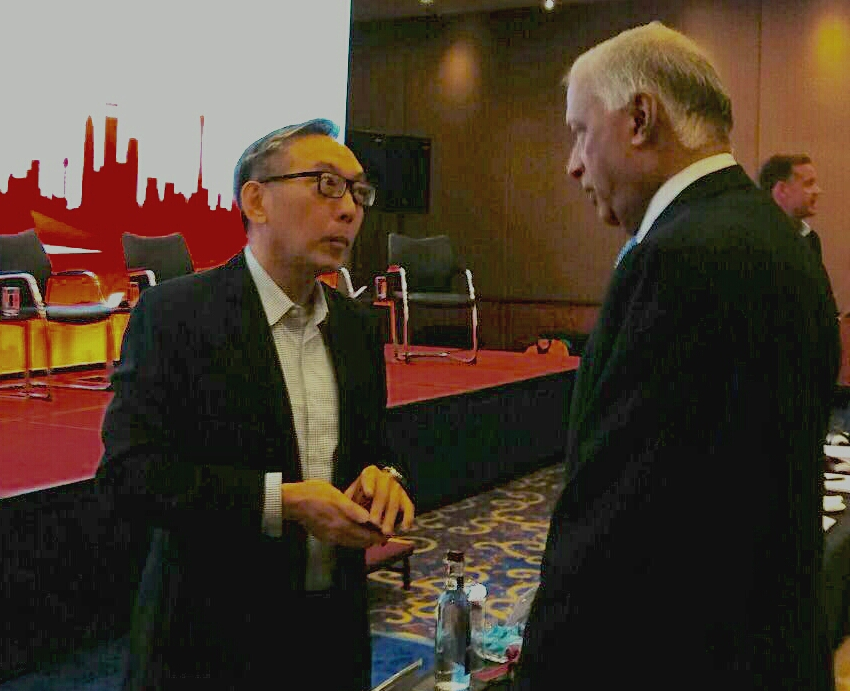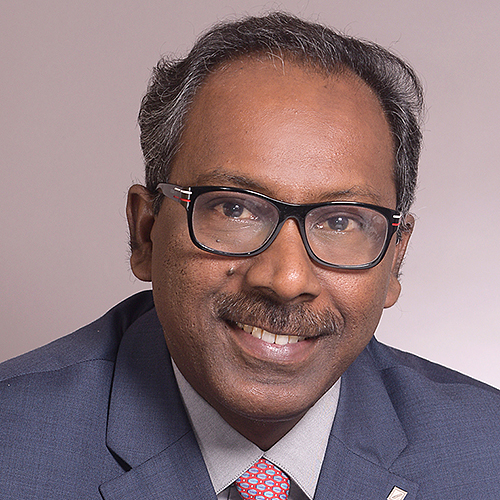As China accelerates along its Belt and Road track, which among the financial centres in Asia will likely become the hub for structuring, arranging and the booking of the billions of dollars of project financing expected?
Last week’s series of events in Hong Kong that had One-Belt, One-Road (OBR) as the focus suggest that it sees itself as a strong candidate. The Hong Kong Monetary Authority (HKMA) affirmed that when in July 2016 it launched the Infrastructure Financing Facilitation Office (IFFO) “to facilitate infrastructure investments and their financing”.
The setting up of IFFO points to Hong Kong re-asserting itself as the hub for project finance in the region, a position that Singapore enjoys for much of the past decade and a half. Indeed, international banks’ project financing teams these days are more likely to be in Singapore.
During the 1990s, Hong Kong and Singapore were keen competitors as project finance hubs in the region. Hong Kong’s advantage is that it straddles China – which was starting to open up – and Southeast Asia where the action was in terms of new projects for toll roads, bridges, power and mass transit.
It was the time when Hong Kong’s Gordon Wu, chairman of Hopewell Holdings, exemplified the energy of the region in investing in infrastructure and even earning praise from Philippine president Fidel V Ramos as “the man who turned the lights on” during the time when the country was suffering serious power outages.
Singapore’s status as a project finance hub during that period was borne out of its position as the de facto financial centre of Asean. Power projects in Indonesia such as the US$2.7 billion Paiton Energy phase one, a 1,230MW coal-fired power plant in East Java, were being launched as IPPs (independent power producers) became in vogue. Project finance bankers based in Singapore were busy shuttling weekly to Jakarta from Singapore.
Then the Asian financial crisis hit. Projects were delayed, postponed and, as in the case of Paiton Energy, restructured. The painstaking negotiations that went on after involved the project sponsors, creditors, guarantors and insurers. As many of these projects were in Southeast Asia, Singapore became the dominant hub as project finance/restructuring teams relocated to Singapore.
Today, the project finance and advisory teams such as at HSBC, Mitsubishi UFJ, Standard Chartered and Sumitomo Mitsui Banking Corp, among others, are based in Singapore. Hong Kong continues to play a role as a centre for loan syndication.
The opportunity presented by OBR and the project financing needs are creating a similar buzz that Southeast Asia did 25 years ago. Interestingly, however, many of the international banks that were around then have either gone out of business (Lehman Brothers, for example) or have scaled back their project finance activity.
US banks such as Citi and JPMorgan no longer have specialist project finance teams. Standard Chartered and more recently, HSBC, have restructured and embedded project finance bankers within a much larger group. Both MUFJ and SMBC continue to maintain project finance teams out of Singapore.
 |
|
Villepin : The important thing is to start
|
The choice of whether Hong Kong and/or Singapore become the hub for OBR project financing therefore is not as apparent. For one, OBR is a Chinese-led initiative. This means that the likes of China Development Bank (CDB) and Chinese banks in general are expected to feature more prominently in leading the arranging of project finance. These banks have offices both in Hong Kong and Singapore.
OBR project financing is also likely to be largely denominated in renminbi, part of China’s grand plan to make its currency international. While international banks can show their capability even in arranging renminbi loans and bonds, Chinese banks are likely to give them a run along the OBR highway.
Recent project financing deals tracked by The Asset have been to a large extent financed in the local currency markets. The lead arranging banks tend to be the large dominant local banks such as SBI Capital Markets in India, SMBC in Japan, AmInvestment Bank in Malaysia, Habib Bank in Pakistan, Kasikornbank in Thailand and CDB in China.
OBR’s credit-challenged markets such as in Central Asia also are unfamiliar to most international banks. Credit enhancements provided by supranational institutions will be vitally important to get projects off the ground. Institutions such as the Beijing-based Asian Infrastructure Investment Bank are likely to be the critical catalysts to jumpstart projects in the more difficult markets. Will Beijing therefore be the project finance hub for OBR?
 |
|
Aziz : OBR is a game changer for Pakistan
|
It may be that international banks can play a role that they already have started. In recent years, these banks have shied away from underwriting project finance deals and instead acted as a financial adviser. Part of their challenge is regulation, which makes it uneconomic for them to participate in deals with long tenor. The other problem is competition. Most local banks, as a result of surplus domestic liquidity, are able to offer better pricing than any of the international banks. As a financial adviser to projects, HSBC has had successes for which it is paid a praecipium.
“The important thing is to start then it becomes like a wave: going from one country to another,” Dominique de Villepin, the former French prime minister, points out to The Asset. “It creates incentives for other countries. Projects in Pakistan have started quite well. China has been very keen to help Malaysia and Indonesia. These countries can be a good start.”
Shaukat Aziz, the former prime minister of Pakistan, agrees. “Our partnership with China is helping a lot. The relationship has become much more holistic,” he shares with The Asset. “OBR is a game changer for Pakistan. The US$46 billion of projects committed by China’s President Xi Jinping is unprecedented.”
Despite the challenges ahead, Villepin says OBR is important for three reasons. First is to stimulate growth. “Building infrastructure means more relationships between countries,” Villepin notes. Second is stability. OBR will be building infrastructure in countries that often face threats from terrorism. “Investing in these countries can help to stabilize the region.” The third reason is cultural as “cooperation and understanding are quite important to create a better atmosphere”.
Villepin says the world is at a point where most of the tools of economic policy are not working. “Monetary policy such as quantitative easing has not produced satisfactory results. When we look at trade, there are different approaches. We should have inclusive and positive approaches being developed.”
Will Hong Kong win the title as Asia’s OBR hub? Villepin thinks Hong Kong can play a strong role in OBR by helping financial institutions and investors understand how they can participate. It can be instrumental in identifying the good projects and the types of financing required. “We need more transparency; we need some good strong principles. Very people know well what is going on in Central Asia,” he adds.
It may therefore not be long before project finance bankers in both Hong Kong and Singapore start their OBR trek to Kazakhstan, Kyrgyzstan, Uzbekistan, Turkmenistan, Tajikistan and Russia to acclimatize them with how financing for projects can be structured in these countries. For some, it may be projects too hairy to contemplate. For others, it could be just like the go-go days of the 1990s in Southeast Asia.









